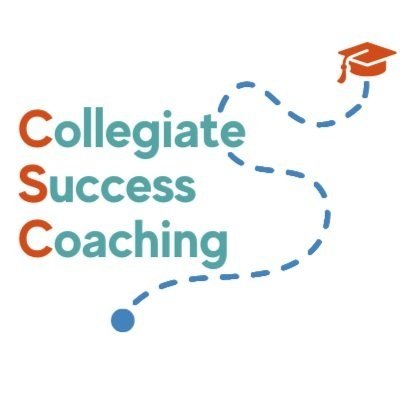Habits of the Engaged Learner
The first two years of college are not exactly the most compelling in terms of course content. Most General Education curriculums, while valuable for building a foundation for higher order critical thinking skills, are kind of boring, TBH. Most students do not fail to notice that the first two years feel a bit like high school again with its repetition of History, Math, Science, and English requirements. For students who are compelled to learn based primarily on their interest in a topic, this can be a challenge, especially if they have not declared a major yet. If you're not especially interested in Environmental Science, then that course is simply going to be more challenging to learn. So how can a student who is struggling to connect with the material create more engagement (and better grades) with the content?
The solution is pretty old-fashioned, but it works. Coming to class having actually read the assigned textbook passages using the SQ3R Method generates what neuroscientists call "prior knowledge," and prior knowledge of a subject creates opportunities for connection. Connections (in very simplistic terms) generate more sturdy and healthier myelin in the synaptic corridors of the brain. In other words, connections help create crystallized knowledge over time, in addition to simply making the learning more interesting. If you don't have any prior knowledge of a subject, then new content has nothing to adhere to cognitively, so to speak.
It turns out that if you read with the intention to learn something new, and you ask yourself questions along the way or even stop reading to put some of the ideas into your own words, maybe jotting them down on a post-it note as you read (annotating), the habit produces more interest when the ideas are actually being discussed in detail during class. Most college students don't think about textbook reading assignments as opportunities to learn because the content can be quite dry and foreign to them, but simply taking the time to prepare and to read (or listen, in the case of audio textbooks) with an attitude of curiosity and engagement can generate enough of a hook to make the lecture more interesting, too. The result is an engaged learner who is more poised to succeed.

